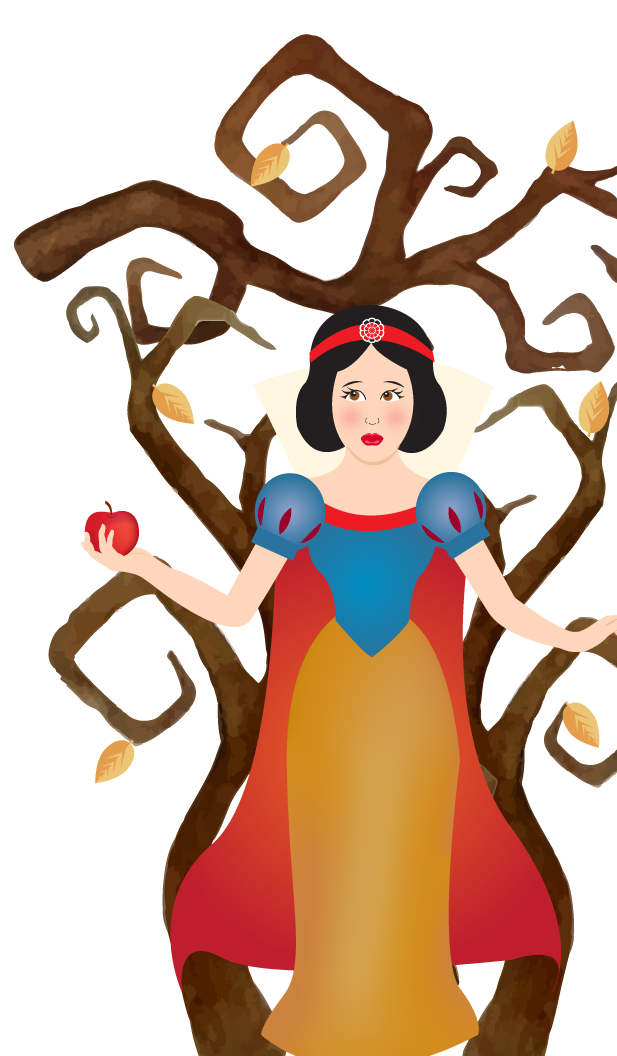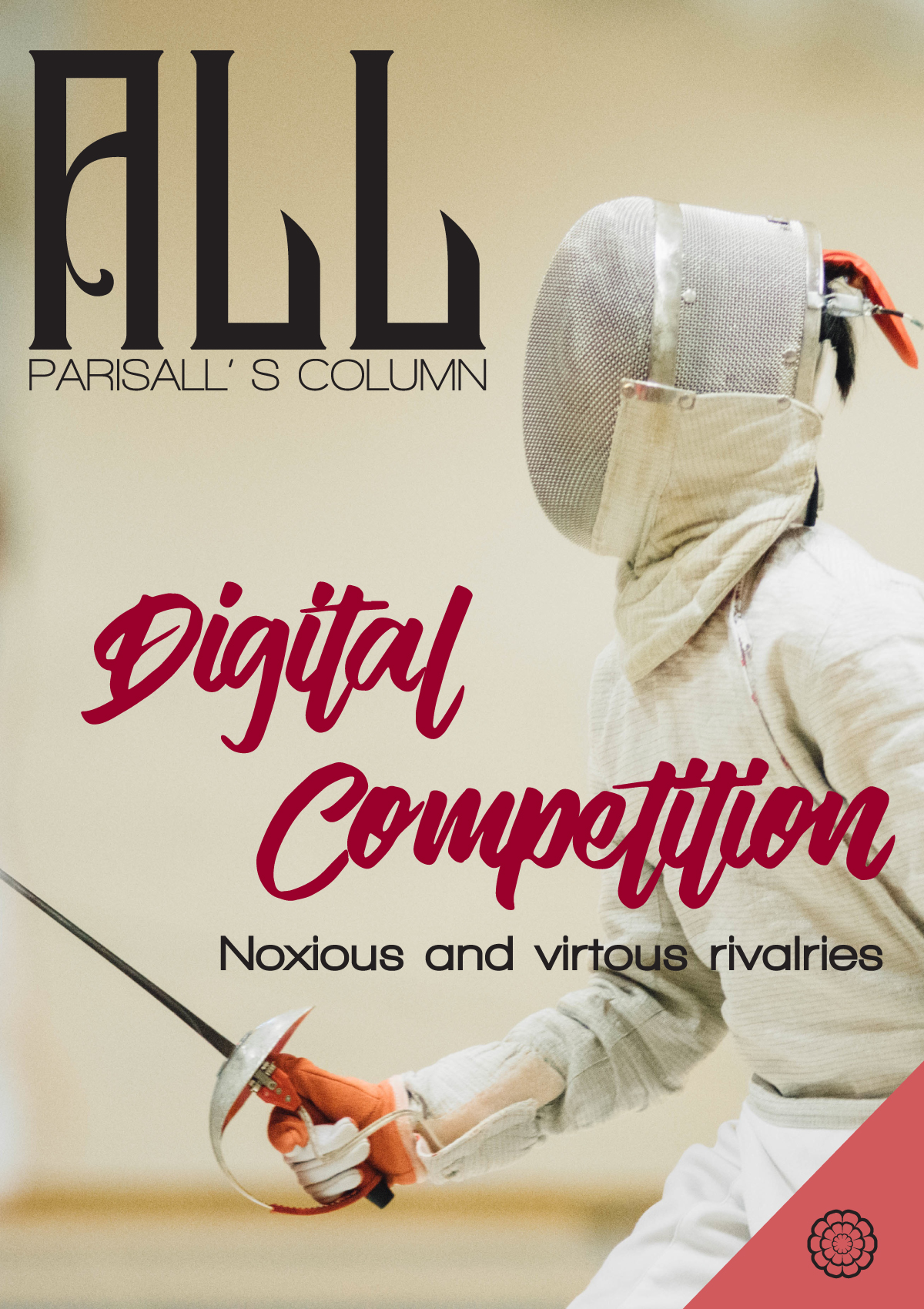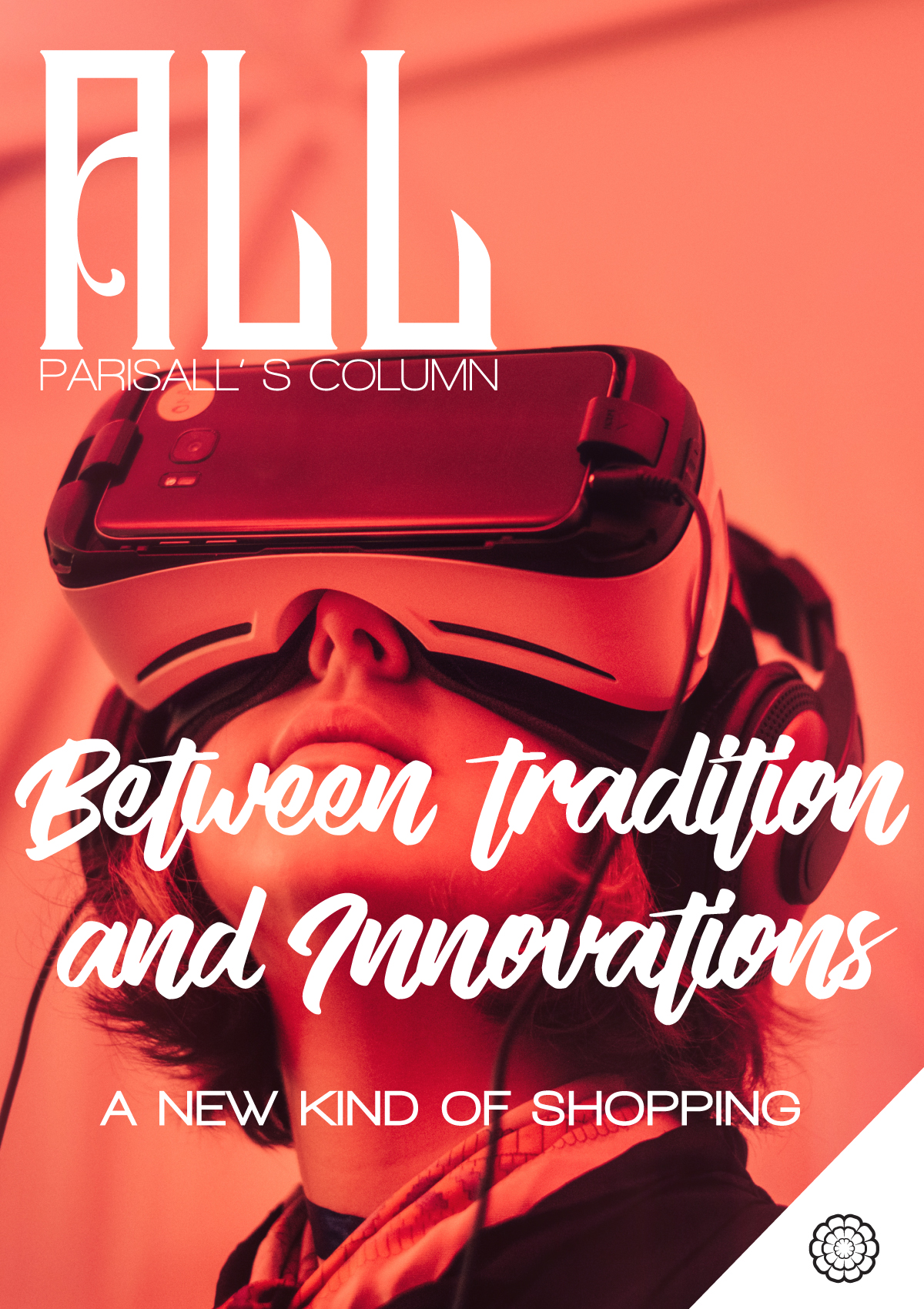Editorial
Ahead of political elections, parties and movements seek to involve their voters through different channels of communication: talk shows, live streaming, TEDx talks, tweets and Facebook posts.
In Italy, after the end of the first Republic, ventured into the second one and, perhaps, propelled into the third one, bipartisanship, and political gatherings no longer have a reason to exist. We find ourselves in an unexplored ground and we do not know how democratic this new political marketing is. The last presidential elections that saw Donald Trump become the Commander-In-Chief of the U.S.A., showed us how the social media unpredictability has allowed the Republican candidate to stay in the race despite his controversial statements. Even though the tech industry has spoken against him, the new president has used social media masterfully, benefiting from an aggressive campaign, misinformation, and conspiracy theories. Even if the web is, by its very nature, democratic, transcultural, multi-ethnic and knows no discrimination, the social networks have played a role that has escaped every mediation and any attempt to control them.
Considering the forthcoming election, Italy is paying more attention to the role of social media as they need to be employed within a clear and precise strategy. Some candidates are more familiar with the dynamics, some others rely on a good spin doctor. Either way, soon each candidate will face new challenges and the consequences of digital communication strategies. There is no turning back. The competition is online.
RIVALITÀ VIRTUOSE E/O NOCIVE
I benefici della concorrenza sono riconosciuti in diversi campi. Senza un opponente con cui misurarci e confrontarci, perderemmo quel drive che ci spinge a dare di più, ed è per questo che in un’economia fluida come quella di oggi, i vecchi monopoli assumono le sembianze di un dinosauro che non è riuscito ad adattarsi ai tempi che cambiano. Un aumento della domanda corrisponde a una crescita dell’offerta che, a sua volta, porta le società a tentare di battere i competitors con prodotti e servizi di maggiore qualità. I ritmi si serrano per raggiungere avanzamenti in tempi sempre più brevi. L’eccellenza è il golden standard, le aziende stimolano i candidati ad intraprendere un percorso di crescita e maturazione che va oltre la preparazione professionale. Gli stage diventano per i giovani la chance per imparare di più e mettere in mostra le proprie doti; il continuo aggiornamento è la chiave per battere la concorrenza ed affiancare un mentore è il migliore dei modi per apprendere. Ma è solo attraverso il costante confronto con chi partecipa alla nostra stessa corsa che possiamo aspirare a perfezionarci in un mercato che ha sempre meno barriere e richiede livelli qualitativi sempre più alti.
In questo contesto è facile dimenticare pratiche competitive virtuose ed è impossibile negare l’esistenza di rivalità nocive. Ma il modello ideale di una società civile dovrebbe puntare a una concorrenza onesta che rispetti ed includa le diversità, piuttosto che tentare di ignorarle. Vi è bisogno di sovrastrutture che antepongano i diritti delle parti coinvolte, dai consumatori ai dipendenti, dai manager agli stakeholder, dagli elettori ai rappresentati governativi. Questo tentativo si deve affiancare allo sforzo di abolire i meccanismi dannosi che vanno a ledere la nostra società. A volte, sembra una corsa truccata che non potremo mai vincere ma, nonostante tutto, non ci arrendiamo. “Non disperare del presente ma credi ciecamente che il sogno realtà diverrà” … ma quella è un’altra storia.
…in our contemporary and fluid economy, old monopolies assume the appearance of a dinosaur that has failed to adapt to the changing times







